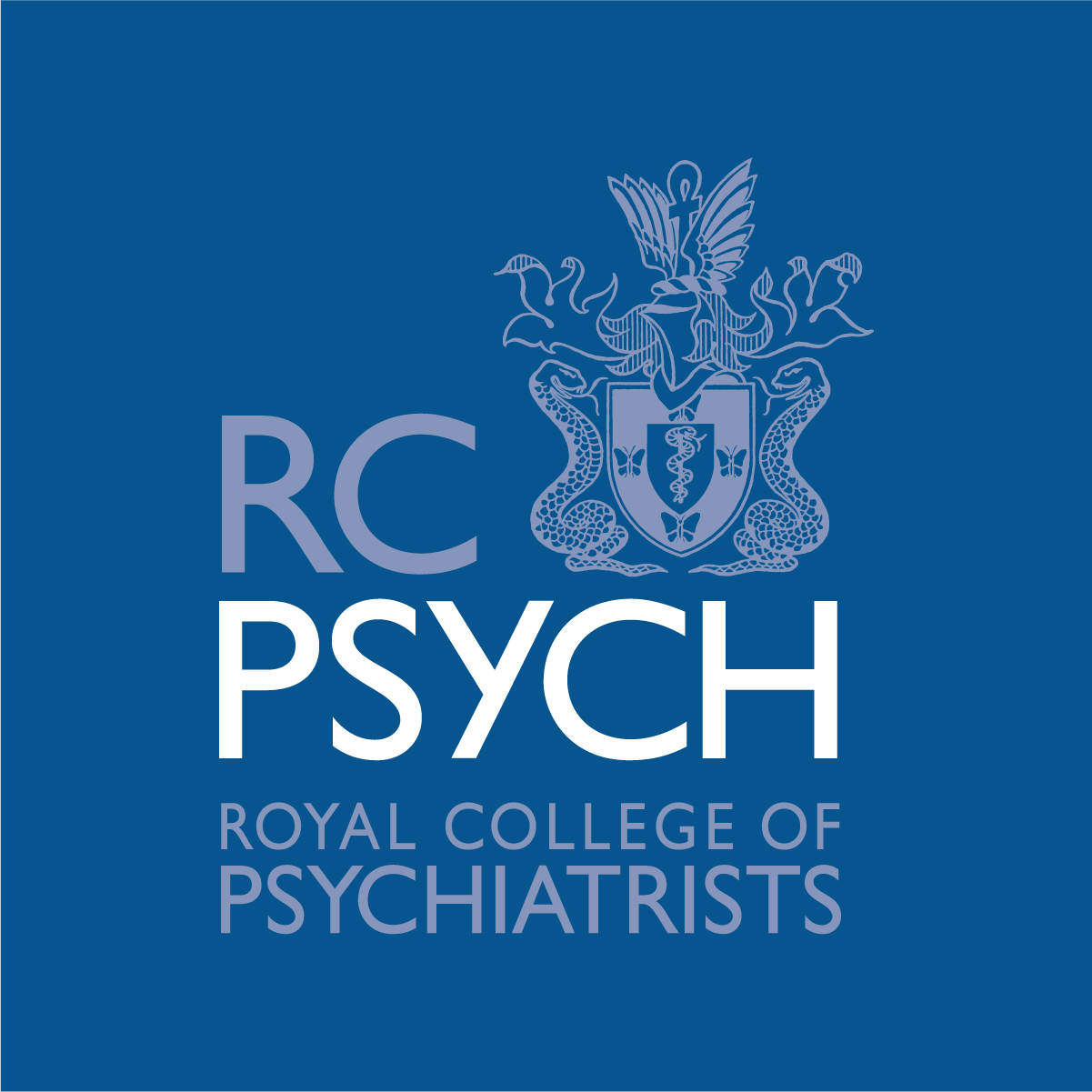
Psychiatrists urge action in preparation for new dementia treatments
Published By Alzheimer's Research UK [English], Wed, May 26, 2021 11:22 AM
Research published today from Alzheimer’s Research UK and The Royal College of Psychiatrists has highlighted significant gaps in support and resources that need to be addressed so that old age psychiatrists can effectively diagnose people with Alzheimer’s disease and deliver future treatments.
Dementia, most commonly causes by Alzheimer’s disease, is one of the UK’s greatest healthcare challenges. There are almost one million people currently living with the condition in the UK. With an ageing population and currently no treatments to delay the onset or reduce the progression of diseases that cause dementia, this number is set to rise to 1.3 million by 2030.
The report, “Are we ready to deliver disease modifying treatments?”, has found that while these specialists are keen to embrace the arrival of new dementia drug treatments, they and the services they work for need much more support in order to effectively implement them into their clinical practices.
Over 500 old age psychiatrists contributed to the report, which shows that services are not currently ready to deliver disease-modifying treatments for Alzheimer’s disease, the most common cause of dementia:
Dr Mani Santhana Krishnan of Royal College of Psychiatrists, said:
“Early and accurate diagnosis plays a vital role in the treatment of dementia. It’s important that Psychiatrists are given access to diagnostic tools and training to help reduce the progression of this debilitating illness by way of diagnosing Alzheimer’s disease even before symptoms of dementia are present. “We need to work collaboratively with the NHS across the country to ensure that we continue to improve care for the 1 million people living with dementia, as well as supporting their loved ones. We’re seeing pockets of variability in accessing the right specialised diagnostic tools and it needs addressing, as this report has highlighted”
“These reports greatly add to our understanding of the challenges and opportunities that psychiatrists and the health system are facing working. We need to work towards a long-term ambition of having a health system where everyone can find out if they have dementia at the earliest stage and have access to the appropriate treatments that could slow its progression. Failure to deliver an ambitious and transformative plan for diagnosis will be a huge, missed opportunity that will impact people affected by dementia for decades to come.”
“We recognise that it can be difficult to make the case for diagnosing the diseases that cause dementia when there are currently not treatments available to delay or slow progression. However, we need to break this vicious cycle and accept that current diagnostic services are not good enough for patients. By improving access to a range of diagnostic techniques across the UK through investment and skills development, we can start to develop the services we need now and in the future.”
In a second report published today by Alzheimer’s Research UK (The Right to Know: Accurate and Earlier Diagnosis of Dementia), the authors provide illustrate the staged actions that are required to improve diagnostic services.
This roadmap is needed to enable more accurate diagnosis and reduce the high number of people receiving an unspecified diagnosis of dementia. There is a case to go further in order to translate the potential of early diagnosis into improvements in the lives of those living with dementia by preparing the health system to enable access to any new treatments.
The UK’s leading dementia research charity believes that the challenges identified in these two reports can be addressed with investment, helping to increase and enhance capacity, infrastructure and clinical skills.
Press release distributed by Media Pigeon on behalf of Alzheimer's Research UK, on May 26, 2021. For more information subscribe and follow



